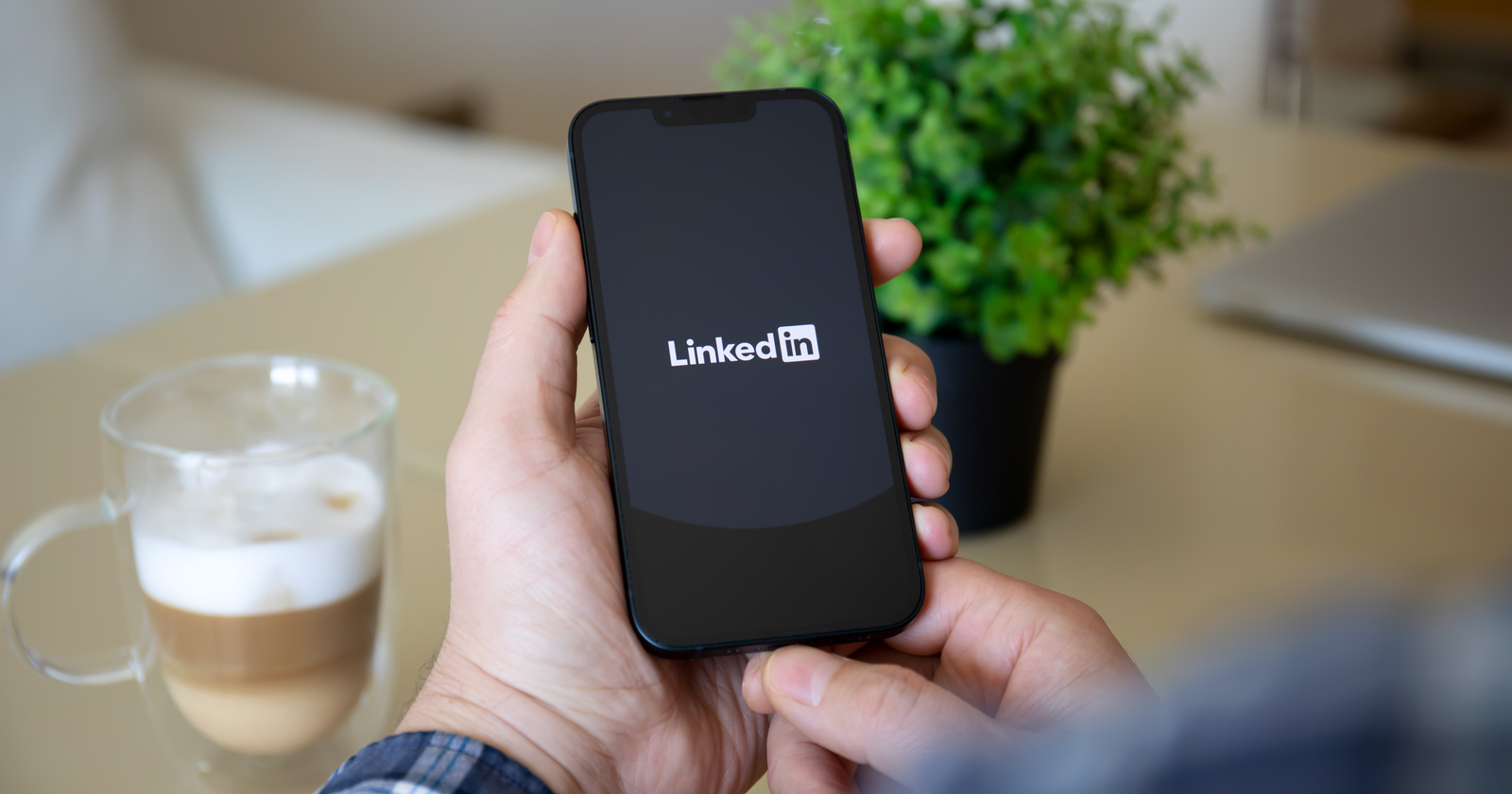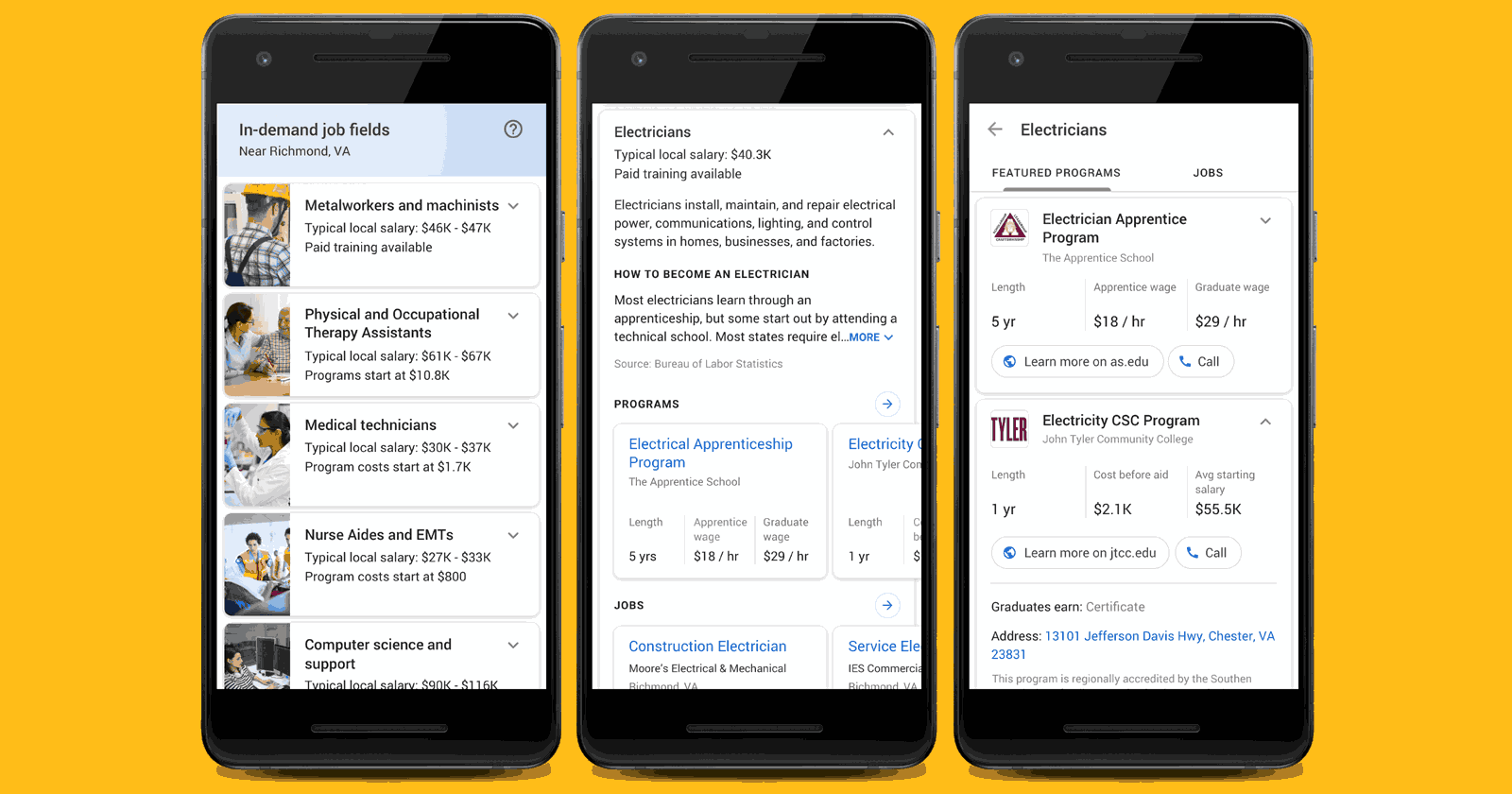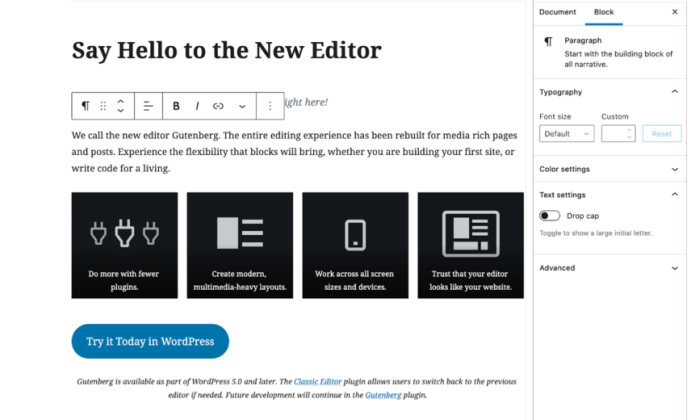14 Lessons on Talent Retention from the Most Successful Companies in the World
It’s hard to hold on to your best staff. In fact, according to many business experts, employee retention is no more important than generating revenue. And so to help businesses retain the talent they need to succeed, the experts...

It’s hard to hold on to your best staff. In fact, according to many business experts, employee retention is no more important than generating revenue.
And so to help businesses retain the talent they need to succeed, the experts from OnDeck put together this helpful guide. It outlines 14 of the best employee retention tips from some of the most successful companies in the world, as well as some advice on how to implement them in your business.
Let’s take a look.
Apple
Apple constantly asks for employee feedback. It wants to know what employees think, feel, and their ideas for implementing the company’s organizational goals. And when it comes to that goal, Apple keeps it simple. The firm’s mission statement is, “bringing the best user experience to its customers through innovative hardware, software, and services.” It’s a clear and concise message that every employee can get on board with.
Alphabet
Alphabet, Google’s parent company, places a significant emphasis on tutoring and mentoring staff. And it works. More than 90% of employees discuss a lack of direction and support during their exit interviews.
Microsoft
Microsoft keeps its staff happy by offering them flexibility and freedom via a hybrid/remote working model. All Microsoft workers can now spend 50% of their week working remotely, significantly boosting their work-life balance.
Adobe
Adobe displays its commitment to employee retention with regular staff check-ins and informal review meetings. Since implementing this new model, which helps identify any employee concerns early, Adobe has reduced its staff churn rate by over 30%.
Netflix
Netflix’s retention plan is all about trust. The company has no set working hours or minimum work week requirement. Instead, it gives staff a task and a deadline, then trusts them to deliver on time.
Whole Foods
Whole Foods has ditched the top-down management structure for a more horizontal model based on cooperation and collaboration. And it makes every staff member feel part of the decision-making process. “It’s a social system,” explains Whole Foods boss, John Mackey.
Adidas
Adidas spent millions redesigning its offices around how its staff like to work. The new refurb includes team meeting spaces and collaboration areas that have boosted employee engagement and collaboration by over 50%.
Nike
Nike has taken the direct approach. If you want to know what your staff really think, then just ask them. That’s why Nike rolled out a new well-being survey. It’s increased engagement across the entire organization and helped Nike build the kind of company culture its staff want to be a part of.
Nvidia
Nvidia is one of the most innovative and forward-thinking companies on the planet. Nvidia instils this culture of innovation across its entire workforce by fostering continuous learning and development. It’s the ideal environment for the kind of super smart, high-achievers who are drawn to work for leading-edge tech companies.
Pfizer
Pharmaceutical giant Pfizer is doing an excellent job of improving and managing its staff’s mental well-being. The company offers free mental health webinars, online yoga and meditation sessions, and courses on managing stress. It’s created a happier, healthier, and more engaged workforce. And happy workers are much less likely to leave.
Walmart
Everyone enjoys (and deserves) some praise for a job well done. It’s just human nature. Walmart has put recognition at the center of its retention strategy. The firm recognizes its top employee of the month with personal gifts and even vacations. It also awarded over 1 million employees a special bonus for working through the Covid lockdowns.
Indeed
The top talent never rests on their laurels. They’re always looking for new challenges and opportunities. Recruitment firm Indeed addresses this high-achieving desire by keeping its best workers constantly engaged with new projects and missions.
United Airlines
United Airlines takes the “day one” approach to retention by running specialized onboarding and training programs for every new starter. These programs make workers feel engaged and part of the company from their arrival. Research shows that this approach can increase the number of employees staying at a company for three years or more by 69%.
Dell
Employee perks are great. But perks that employees actually want are even better. That’s the philosophy around retention at Dell, which tailors its benefit package and perks to the demands and needs of its employees.
Six tips for successful employee retention
Every workforce is unique, so every company needs a unique retention strategy. However, there are some basic principles to getting it right.
They include some key do’s and don’ts.
DO listen to what your employees have to say.
DON’T rely on gimmicks. Most staff won’t care about a ping-pong table in the breakout area.
DO offer flexibility when possible.
DON’T embed a toxic culture of long hours and overwork. That era is over. And good riddance.
DO encourage your workers to learn and develop. If they grow with you, they’ll stay with you.
DON’T ignore what your employees want when it comes to a benefit package. Instead, design them around what will make your team happy and productive.

 FrankLin
FrankLin 
































